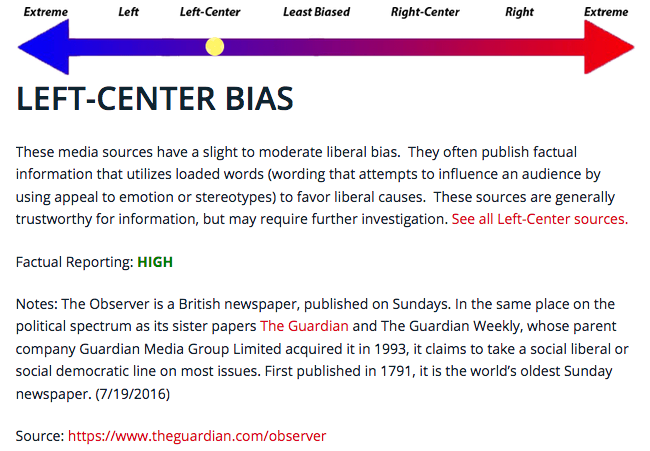I received this email this morning from The Guardian, one of the newspapers I donate money to.
Hello,
If you have been following the Cambridge Analytica files, our investigative series on the company that harvested millions of Facebook profiles to aid Donald Trump’s election team, thank you – your generous financial support for our journalism helped to make the story happen. It involves a transatlantic tangle of people, data and politics. It is unfolding in real time, and the impact it is having is extraordinary. More than a year’s worth of work has gone into it: months of painstakingly gathered evidence pulled together by a small team of reporters and editors.
We have received legal threats from Cambridge Analytica and from Facebook, which was rocked by news of the data breach, with $36bn being knocked off its share price yesterday.
We shared months of investigations with UK-based Channel 4 News and the New York Times because Christopher Wylie – our whistleblower, with whom we have worked for more than a year – wanted to have maximum impact. The Guardian and the Observer’s public service journalism is the bedrock of this groundbreaking global coverage. (The Observer, which first broke the Cambridge Analytica story, is the The Guardian’s sister Sunday newspaper. In America, you can read The Observer on The Guardian web site.)
Obviously they’re trying to encourage me to give more money, and that’s just fine.
I did check with The Media Bias/ Fact Checker to see what they had to say about The Guardian and The Observer.

I can live with that. The most important thing for me is their accuracy. I do like facts.

yes. you and the marine both.
I’ll send him this I think he’ll find it very interesting.
did you see how the Atlantic has their own very detailed and accurate ‘fact checker’ lady before an article is even presented? it was pretty impressive.
actually I might have seen that right on your own website! so much for my memory of news details. but it’s so important. especially today with ‘FAKE’ news flying around! I appreciate their efforts.
I’m giving my limit right now to animals but if I weren’t I would support them for sure. there’s no point in muddying the water with untruths. just for political gain. but of course ‘that’s’ only been going on for centuries! 🙂
Yes, I sent the article about The Atlantic fact checking in an email. Online the article is https://www.theatlantic.com/membership/archive/2018/01/how-to-fact-check-the-atlantic/550355/ I don’t think it’s behind a pay wall.
PS The Guardian and also The Atlantic, I think, don’t require that people pay to read their articles. That’s great — we need all the good journalism we can get.
Fair enough. They are not very kind to India.
Do you think that’s partly because they are left of center? I will be noticing future articles about India.
I just looked up the Asia Times, another one I like. Media Bias says,
That’s another of my favorites.
The Economist is also listed as one of the least biased, which is one reason I like it.
A number of people say they have deleted their Facebook accounts because of this data harvesting scandal. Personally I’m happy to remain on Facebook because I can’t see that siphoning off my personal data is going to do me any harm. I’m more concerned about all the adverts that keep popping up, adverts I have no interest in whatever (and which bear little relation to my personal data).
The Guardian and Observer reporting on this issue has been fantastic. I’m glad serious investigative reporting is still alive and well.
I’m with you, I’m glad that investigative reporting is still happening. I’m also glad that Congress didn’t go along with Trump and cut the science budget. The spending bill is way too high, but at least it respects gathering data and increasing understanding.